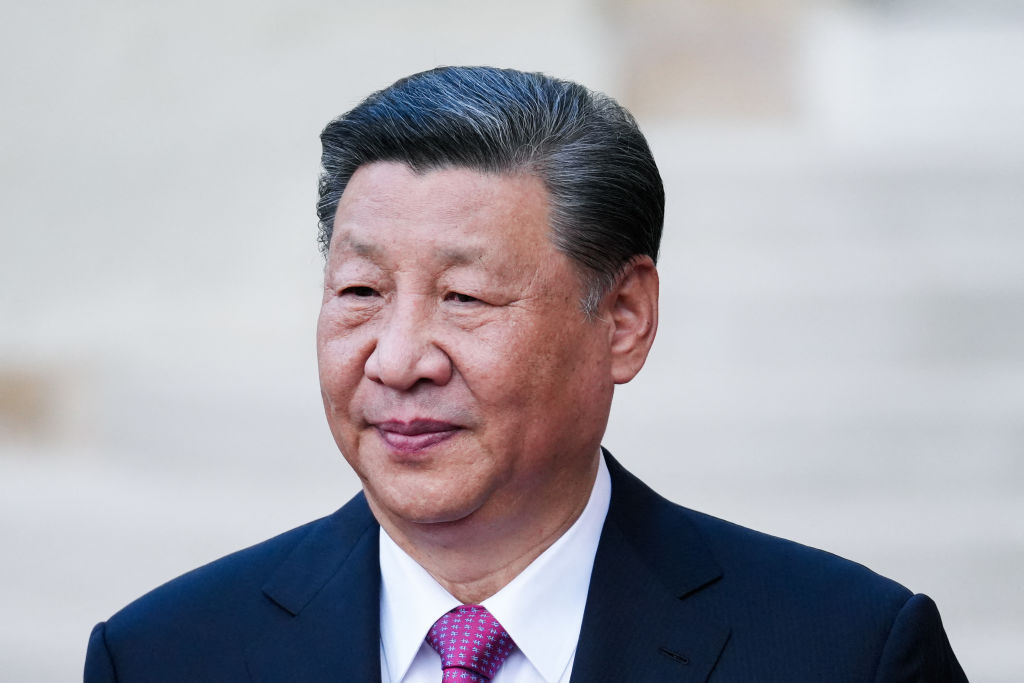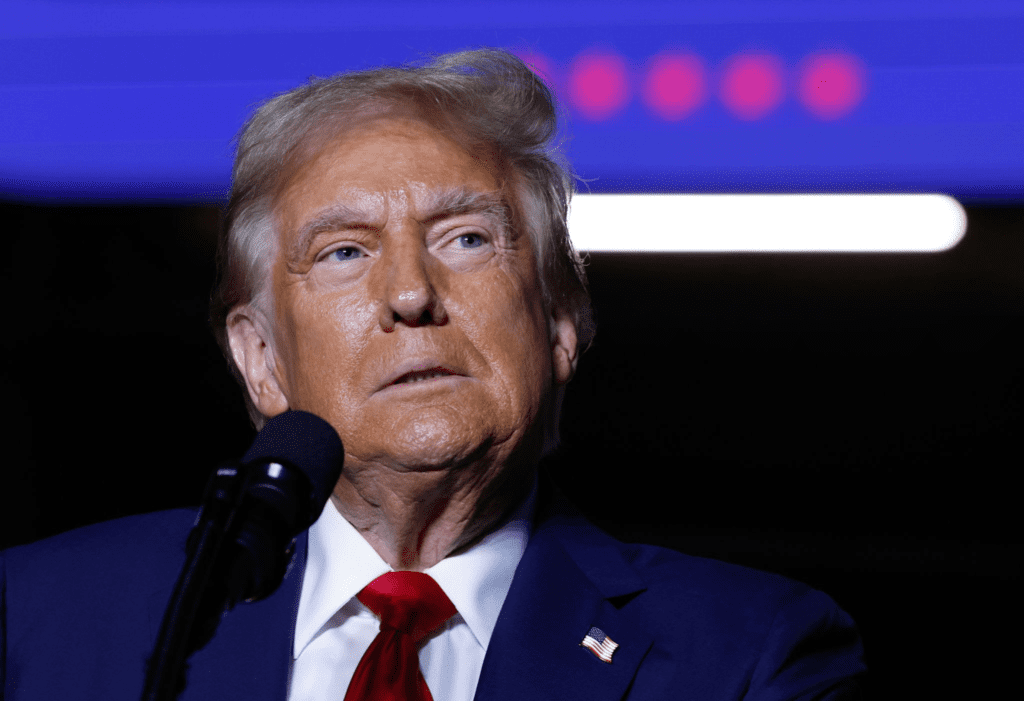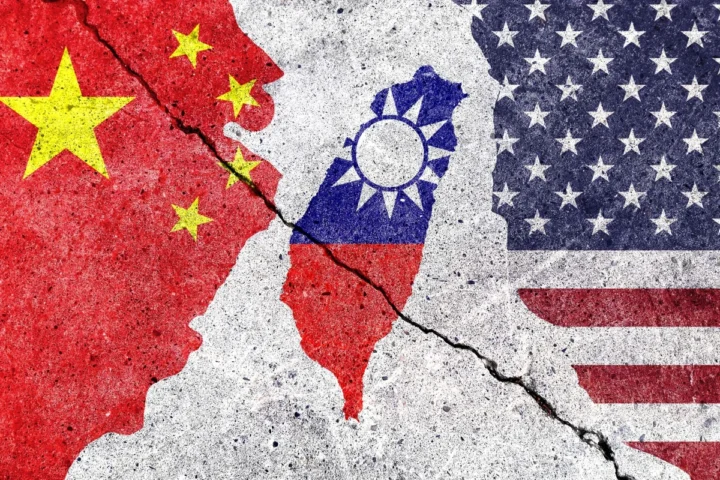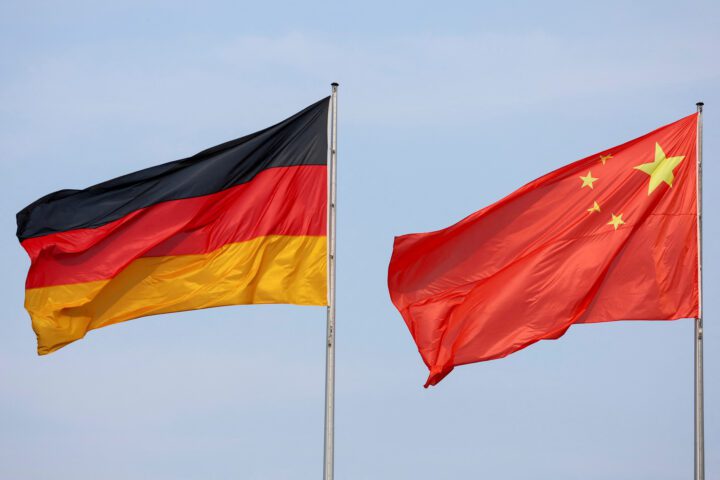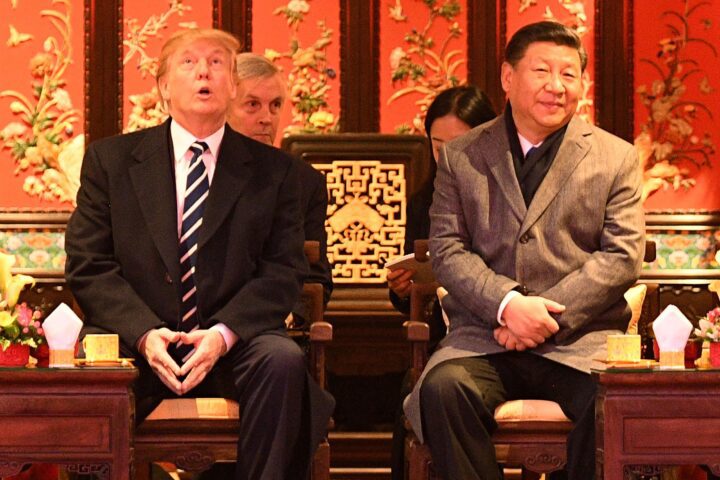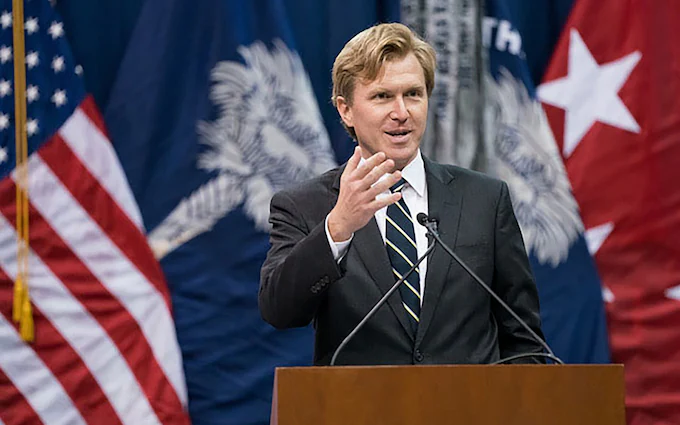Xi Jinping, the General Secretary of the Communist Party of China (CPC) and the President of the People’s Republic of China, is a pivotal figure in contemporary global politics. Born on June 15, 1953, in Beijing, Xi has risen through the ranks of the CPC to become one of the most powerful leaders in China’s history.
Early Life and Political Rise
Xi Jinping is the son of Xi Zhongxun, a revolutionary veteran and former Vice Premier. Despite facing political persecution during the Cultural Revolution, Xi Jinping persevered, working in rural areas and eventually joining the CPC in 1974. He studied chemical engineering at Tsinghua University and later pursued a doctorate in Marxist theory.
Xi’s political career began in earnest in the provinces, where he held various leadership positions. His reputation for being pragmatic and anti-corruption helped him ascend to higher offices. By 2007, he was appointed to the Politburo Standing Committee, the apex of political power in China.
Leadership and Policies
Xi Jinping became the General Secretary of the CPC in 2012 and the President of China in 2013. His leadership has been marked by a consolidation of power and a vision for a “Chinese Dream” of national rejuvenation. Xi has emphasized the importance of the CPC’s control over all aspects of Chinese society and governance.
Domestically, Xi has launched extensive anti-corruption campaigns, targeting both high-ranking officials and lower-level cadres. These efforts have been popular among the public but have also been seen as a means to eliminate political rivals. Xi has also overseen significant economic reforms, focusing on innovation, technology, and reducing poverty.
Foreign Policy and Global Influence
Under Xi’s leadership, China has pursued a more assertive foreign policy. The Belt and Road Initiative (BRI), launched in 2013, aims to enhance global trade and infrastructure networks, extending China’s influence across Asia, Africa, and Europe.
Xi has also strengthened China’s military capabilities and taken a firm stance on territorial disputes in the South China Sea.
Xi’s vision of a “community with a shared future for mankind” reflects his ambition for China to play a central role in global governance. This has included active participation in international organizations and efforts to reshape global norms and institutions.
Challenges and Controversies
Xi Jinping’s tenure has not been without challenges. His administration has faced criticism over human rights issues, including the treatment of Uyghur Muslims in Xinjiang and the suppression of political freedoms in Hong Kong. The COVID-19 pandemic also posed significant challenges, both domestically and internationally, with scrutiny over China’s initial handling of the outbreak.
Legacy
Xi Jinping’s legacy is still unfolding, but his impact on China and the world is profound. He has redefined China’s political landscape, strengthened its global position, and articulated a vision for the country’s future. Supporters view him as a transformative leader who has restored China’s pride and power. Critics, however, warn of increasing authoritarianism and the potential for international conflict.
